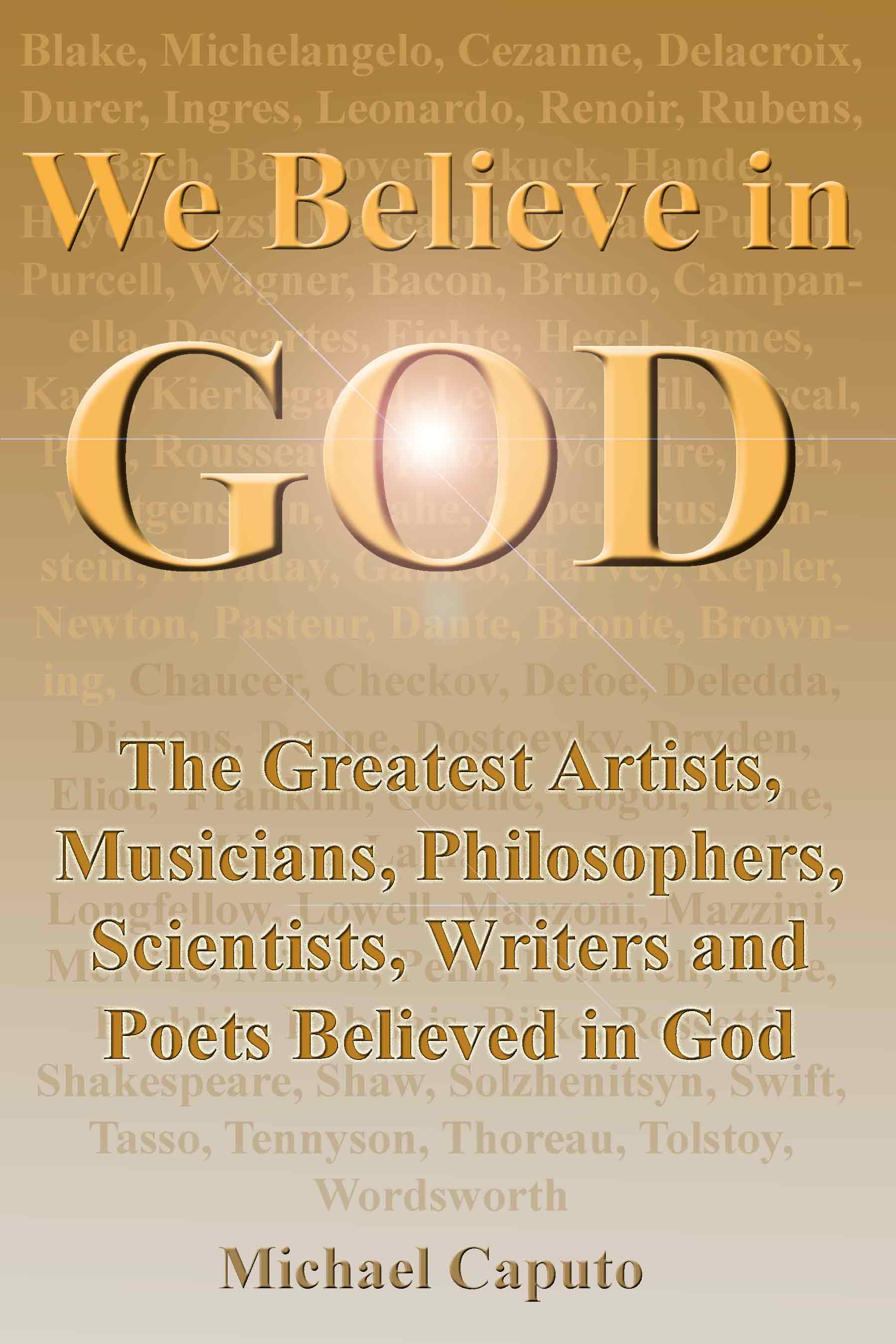| |
ATHEISTS / ATHEISM AND MORALITY
In reading atheist literature or web sites, one
finds some atheists who insist that they
are moral people and that human beings do not need a god to be moral. This
site proposes that though they can choose to be relatively decent
people, they are far and distant from the quality of morality
fulfilled by true Christians.
The key word in the above question is,
“moral.” What is morality? Various sources define it differently. This
should not surprise us. Without a God-given moral code, all humans
have the right to decide for themselves what is right and what is wrong, and
if they, like the arch-atheist Nietzsche, want to propose that “good
is evil and evil is good,” who is to say otherwise?
Are there decent people
among atheists, therefore? Are there atheists who may be
kind and honest and respectful of others? Most probably. Are they
always kind, honest and respectful?
Probably not. If they choose to cheat on their self-chosen ethics,
who will know? Who will they answer to, when they deviate? If they want to
rationalize their unethical actions (and the human
mind is an expert at this, as Freud taught us) who will be there to present
to them the opposite viewpoint?
For
truly committed Christians, deviating from God’s will is
unacceptable. If and when a deviation takes place because of weakness, the
conscience will quickly create agonizing guilt, which is often followed by
repentance and a return to the straight path. If an atheist commits
adultery, for instance, how much guilt will he or she feel afterward? How
many rationalizations can one come up with to commit adultery? Quite a few.
If atheists choose to cheat on their income taxes, rationalizing that the
government is stealing from them, will they feel guilt?
Atheists can choose to be decent people and may succeed in doing so to a
significant extent, but they have human nature fighting against that choice.
Carnal, selfish human nature is at work in them as well as in religious
people. Human nature will tempt them as well as it tempts sincere
Christians. True Christians have to create titanic mental distortions
to escape the mental condemnation-- atheists don’t. Atheists may
actually choose to continue in their actions and not necessarily feel
guilty, because they decide what is right or wrong and they
can rationalize their actions ad nauseam and their minds may go perfectly
along.
Thus, atheists can be relatively
moral, but only God knows if and when they choose to deviate from
their flexible morality. Do they deviate? I have no doubt that they
do; and when they do, no
one will be there to castigate them and thus it will be easier for them to
deviate next time around.
Christians have a Source to turn to, when temptations becomes too strong :
God’s Spirit. They will pray and they will receive super-human strength—if
they are sincerely converted, that is. Tele Evangelists
and evil priests who have blackened the name of Christ are not to be
included in this group. Superficial, nominal Christians don’t belong in it
either. Hypocrites are an embarrassment to humanity as well as to God Almighty.
This, therefore,
is the fundamental difference between converted Christians and atheists.
Christians have a conscience that is continually instructed, nurtured
and strengthened by the Scriptures
and prayer, atheists do not.
Christians have a great
Source of power to turn to, to fight and defeat deceitful, selfish,
rationalization-prone human nature, atheists don’t.
And this makes a world of a difference.
The type of morality
embraced by genuine Christians is not only a morality of kindness and
decency; it
also demands virtues that atheists do not have to
be subject to, and that most do not care about. Atheists don’t have to love
and forgive those who abuse them. They are not
required to pray and wish the best for those who mistreat them. They are not
expected to turn the other cheek and to endure persecutions with a forgiving
spirit. Atheists may choose to stay faithful to their mate, but they
are not required to never entertain adulterous thoughts,
as Christ commanded. They can choose to indulge in lusting after
pornographic material, or look lustfully at
somebody else’s wife or husband, but the followers
of Christ cannot. They can hate, but Christians are told that that it is
never allowed.
The morality of true
Christians is a morality that is by far more demanding and all encompassing.
It not only deals with actions, but with thoughts
and attitudes. It is higher-level morality that requires spiritual
help to fulfill.
Can atheists,
therefore, be moral? The answer is, partially and inconsistently.
Higher-level morality is not achievable by atheists or believers, unless
there is total commitment to it, and unless it is nurtured by God’s
Word, prayer and the empowering of the Holy Spirit. Anything less than this
will lead to temporary and inconsistent morality that will be undermined by
perceived need, outside pressures and sin-prone
human nature.
Kind
and decent atheists, therefore, have to be respected, if they choose to
follow such a path. They are to be admired if they are able to maintain
decency on a relatively consistent level. Yet, they are following an
incomplete path and they will need to come to the point where they will
finally admit to being weak in their attempts at being moral beings and that
they are in need of help from a Higher Power, if they are desirous to truly
achieve and experience higher-level morality on a consistent basis.
Michael Caputo
| |
We Believe in God
The Greatest Artists,
Musicians, Philosophers, Scientists, Writers and Poets
Believed in God...(And a great many Nobel-Prize winners).

Unlike what atheists
propagate, the greatest minds of the past believed in God.
Read the fully-referenced proofs in this book.
AVAILABLE IN BOTH PAPERBACK AND E-BOOK FORMAT ON AMAZON. |
|
|
Free Booklet from UCG.org
Life's
Ultimate Question: Does God Exist?
(No Follow
Up)

|
|
|






